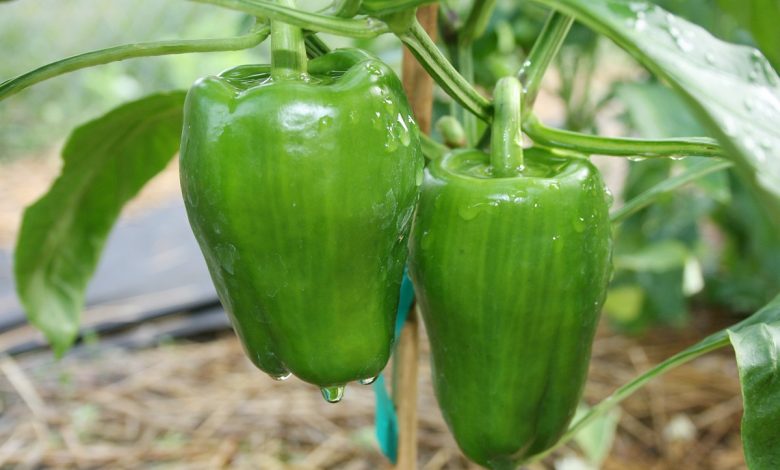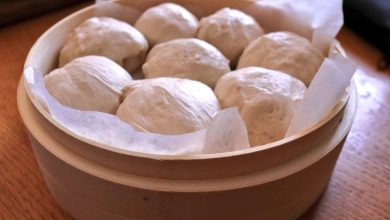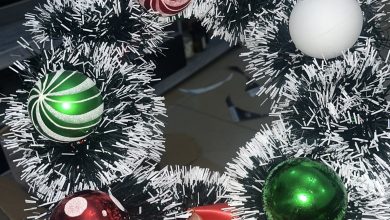
Phiona Mbabazi is cashing in on green pepper
When a friend first told Phiona Mbabazi, 27, about farming in greenhouses, she initially developed no interest in the subject but after deep reflection, she changed her mind and decided to give it a try.
As they say, the rest is history.
“A friend told me about farming and specifically growing green pepper in greenhouses but this had never crossed my mind. However, reflecting on the idea, I realized it was worth a try,” Mbabazi says.
Also known as capsicum, green pepper does well in hot or warm areas such as eastern and central Uganda but is also one of the most important high value vegetable crops that can be cultivated in a greenhouse, under shade or outdoors.
“Our family is into farming. I have also planted maize, beans while still a young kid but I have also helped dad look after his banana plantation and also planted trees. The farming passion therefore comes from my childhood,” she says.
Starting
Mbabazi says she used her year’s savings to set up a small greenhouse but also buy seedlings that she used to start her farm.
“I saved for five years since 2016 to 2020 and accumulated over shs13million. It is these savings that I used in the start. Every day was a learning process for me as I first planted the seeds in a nursery bed and later transplanted them. The germination was followed by a period of dormancy of between 10 -12 days,” she says.
The greenhouse, she says, sits on a 23 by 35 feet piece of land.
As with every beginner, she says there were a number of challenges that among other included bad nursery management practices that saw some of her seedlings not come out well.
She adds that she never lost hope but persevered and with time learnt what to do.
“I later came to learn that seeds are not bought from anywhere in the market but from specific companies that can guarantee refund in case they fail to germinate.”
Process of planting
Before planting, she says, there are fluctuations in temperatures, high during the day and low at night, which lead to purple stripping of the fruit and this affects the quality.
This she says disturbed her a lot as a beginner.
“However, I later learnt that this can be managed by ensuring that the soil is well-moisturized during the day, which creates a cooling effect on the plant,” Mbabazi adds.
She explains that green pepper is vulnerable to pests and fungal attacks and as such she says needs a lot of care.
This she says means it requires the farmer’s constant presence in the field but also constant touch with an agronomist, things she learnt with time.
“To have an agronomist visit the field, Mbabazi says, requires between Shs 50, 000 and Shs 100, 000. I learnt it the hard way when I lost some of my plants. I got to know that you don’t have to be mean with money when it comes to caring for green pepper.”
Earning
Mbabazi says that just like any other business, you don’t earn at the beginning since you are new but adds that with experience, the earnings go up.
She adds that one can recover their capital within one season of growing green pepper.
“For one to set up a greenhouse, you may need between shs9million and shs10 million but this is recoverable within one season. For example, before the onset of the Covid-19 pandemic, a kilogram of green pepper never dropped below shs5000.”
This, she says, is because hotels which used to be the biggest buyers no longer buy like they used to, adding that outside of hotels, Nakasero market is the biggest market for green pepper.
The other option is export but Mbabazi says it is challenging for farmers with just one greenhouse.
“Export is a better option to by-pass middlemen but currently I can’t afford it,” she adds.
Mbabazi identifies being capital intensive and the proliferation of fake seeds on the market as some of the challenges she has faced in the business.
Any regrets?
The 27-year-old says she doesn’t regret having joined green pepper farming and specifically in a greenhouse.
“It earns me not less than shs7 million per season which to me is good money,” she says.



